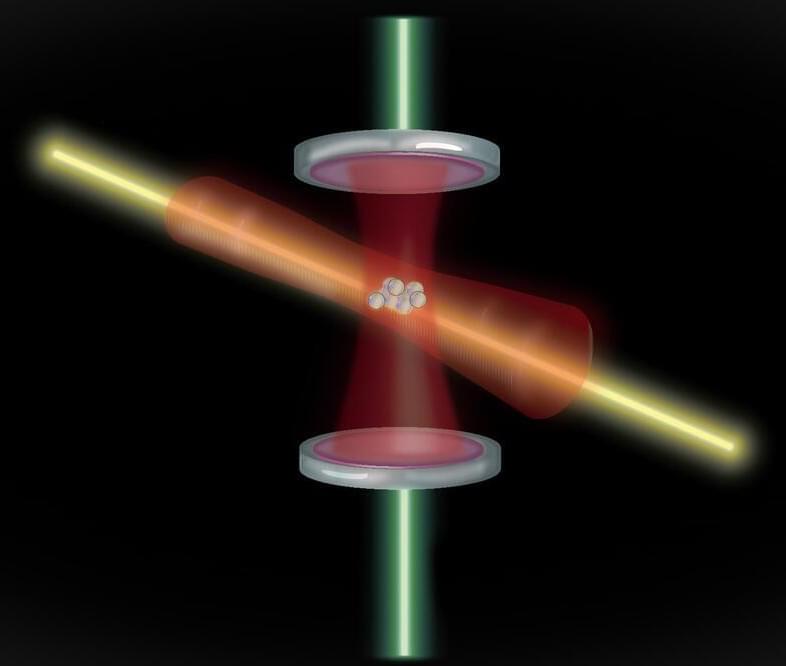Einstein’s fascination with light, considered quirky at the time, would lead him down the path to a brand new theory of physics.
Living half a century before Einstein, a Scotsman, James Clerk Maxwell, revealed a powerful unification and universalization of nature, taking the disparate sciences of electricity and magnetism and merging them into one communion. It was a titanic tour-de-force that compressed decades of tangled experimental results and hazy theoretical insights into a tidy set of four equations that govern a wealth of phenomena. And through Maxwell’s efforts was born a second great force of nature, electromagnetism, which describes, again in a mere four equations, everything from static shocks, the invisible power of magnets, the flow of electricity, and even radiation – that is, light – itself.
At the time Einstein’s fascination with electromagnetism was considered unfashionable. While electromagnetism is now a cornerstone of every young physicist’s education, in the early 20th century it was seen as nothing more than an interesting bit of theoretical physics, but really something that those more aligned in engineering should study deeply. Though Einstein was no engineer, as a youth his mind burned with a simple thought experiment: what would happen if you could ride a bicycle so quickly that you raced beside a beam of light? What would the light look like from the privileged perspective?
